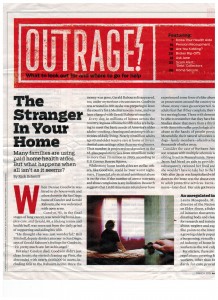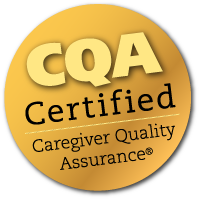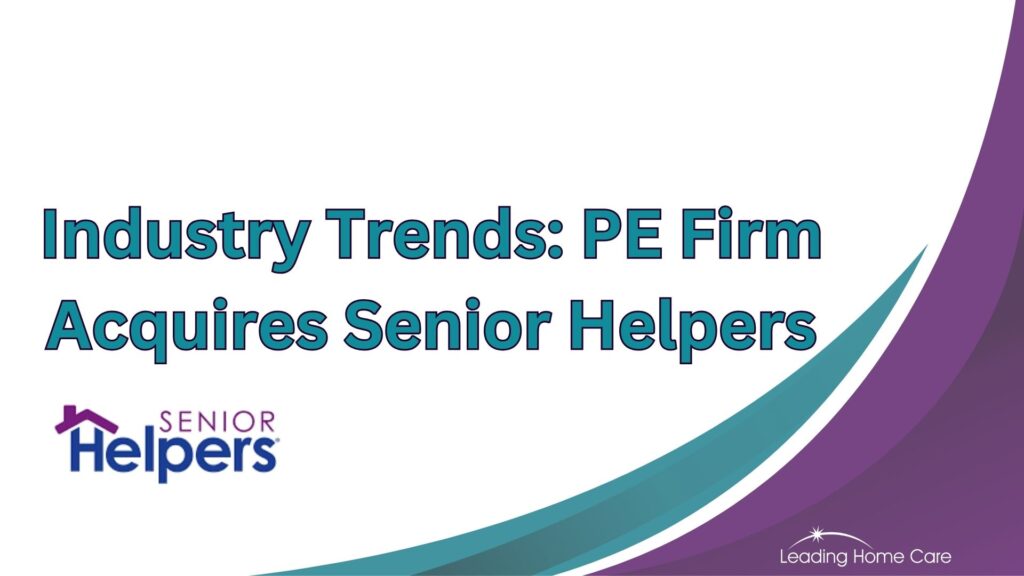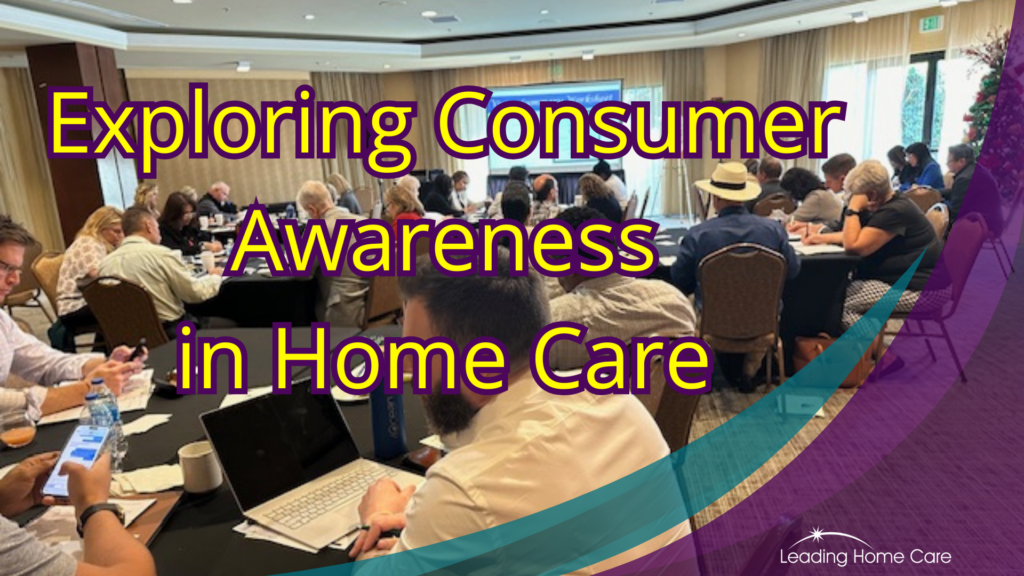By Stephen Tweed
My cell phone rang the other day, and I recognized the caller as my good friend, Jim, from Phoenix.
“Hey Jim. How are you? What’s Up?”
“I’m sending you a copy of an article from AARP about home care and elder abuse. I think your readers ought to know about this.”
A couple of days later, the article from the March 2015 issue of AARP Bulletin arrived. The banner at the top of the page read “Outrage” and the article was titled “The Stranger in your Home” by Rick Schmidt. The sub heading read, “Many families are using paid home health aides. But what happens when all isn’t as it seems?”
The article opens with the story of Denise Goodwin in San Diego who was accused of absconding with nearly $600,000 from a man whose wife has just died from lung cancer. Goodwin was later arrested as she was preparing to leave the country on a cruise and charged with murder. The article then goes on the describe elements of home care with the following information:
- “Every day, in millions of homes across the country, legions of home health aides are helping to meet the basic needs of America’s older adults …”
- “Nearly 10 million adults age 65 and older receive care at home or in residential care settings other than nursing homes.”
- “That number is projected to skyrocket as the 65-plus population rises from 40 million today to more than 70 million by 2030…”
Then the article highlights some of the potential horrors of in-home care:
- “While many home health aides are stellar, others, like Goodwin, could be your worst nightmare.”
- “Research suggests that 1 in 10 Americans 60 and over have experienced some form of elder abuse.”
- “Some older adults fear that if they complain they will end up in a nursing home.”
- “Studies show that more than a third of people with dementia suffer psychological or physical abuse at the hands of people providing care.”
- “…points to the intersection of a growing elderly population with a burgeoning, virtually unregulated industry of home care workers as the real culprit.”
- “Only about half of all states require home care agencies to conduct any sort of training for their employees.”
- “Just 15 states require agencies to conduct periodic in-home reviews to make sure workers are doing their jobs.”
- “One 2012 study published in the Journal of The American Geriatrics Society found that less that a third of home care agencies screened their employees for illegal drug use, and 16 percent tested for basic knowledge about providing care in the home.”
And here was the statement that really jumped out at me:
- “The agencies will charge $50 or more an hour, but keep a lot of provide for themselves rather than investing in education, training, and supervision.”
We know from the 2014 Private Duty Benchmarking Study from Home Care Pulse that the median billing rate for 3 to 11 hours of service was $21.00, and ranges from $18.00 in the southeast to $23.00 in California and the Pacific northwest.
Shock and Awe
The article was clearly written to create some level of shock and awe among readers. Certainly seniors and family caregivers need to be wise in selecting a home care company, and to be very cautious of hiring independent caregivers who are not employed by an agency. However, the tone and content of this article painted a not-so-positive picture of home care in America. As home care leaders, we need to be aware of incidents of home care horror, and of articles highlighting the horror. These types of articles raise fear among family caregivers who are exploring in-home care for Mom or Dad, and we need to know what’s happening out there and be prepared to discuss these incidents with families.
Questions for Vetting Home Care Companies
The article did contain a side bar with “10 Questions to Ask Before Hiring a Health Aide” and a link to AARP’s Caregiving Resource Center.
Dr. Lee Ann Lindquist, MD, Chief of Geriatrics at the Northwestern University Feinberg School of Medicine offers these 10 questions to ask when vetting home care agencies:
- How do you recruit home health aides, and what are your hiring requirements?
- Do you do criminal background checks on prospective aides? How about drug screening?
- Are health aides certified in CPR, or do they have any health-related training?
- Are aides insured and bonded through your agency?
- What competencies are expected of the aide?
- How do you assess what the aide is capable of doing?
- What is your policy on providing a substitute home health care aide in the event the regular care provider cannot preform the services in your contract?
- If there is dissatisfaction with a particular home care provider, can he or she be replaced “without cause”?
- Does the agency provide a supervisor who is responsible for regularly evaluating the quality of home care?
- Does supervision occur over the telephone, through progress reports, or in person at the home of the older adult?
Overcoming Fear of the Unknown
One of the big challenges we face with potential clients is overcoming fear of the unknown. About 60% of the time, the person inquiring about home care services for Mom or Dad is the oldest daughter. She’s between 45 and 65, probably working, is married, and has adult children. She’s leading a busy stress-filled life and now something happens requiring care for an aging parent. She’s never dealt with anything like this before and doesn’t know where to turn or what questions to ask.
How you and your team answer that phone call and engage the caller often determines how she feels about hiring your company to provide care. By being prepared to answer the questions above, and by being prepared to address some of the horror stories in the media, you will be better able to build the level of trust and confidence she needs to hire your company.
to answer the questions above, and by being prepared to address some of the horror stories in the media, you will be better able to build the level of trust and confidence she needs to hire your company.
To address the caller’s concerns about the quality of your caregivers, your hiring process, and competencies you expect from your caregivers, you may want to explore becoming a member of Caregiver Quality Assurance. This program is focused on guiding you through the process of recruiting, selecting, training and retaining high quality caregivers. The CQA seal on your web site and on your marketing materials will give your prospective clients and referral sources the assurance that you have an effective process for screening your caregivers before sending them into the home.




